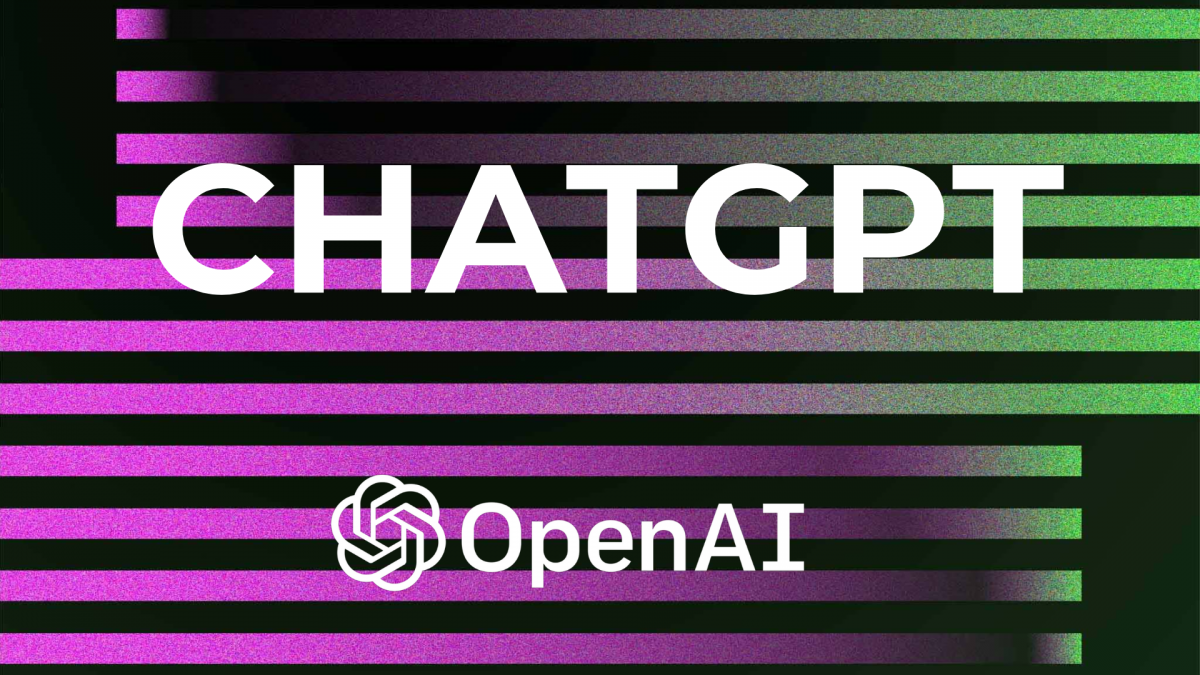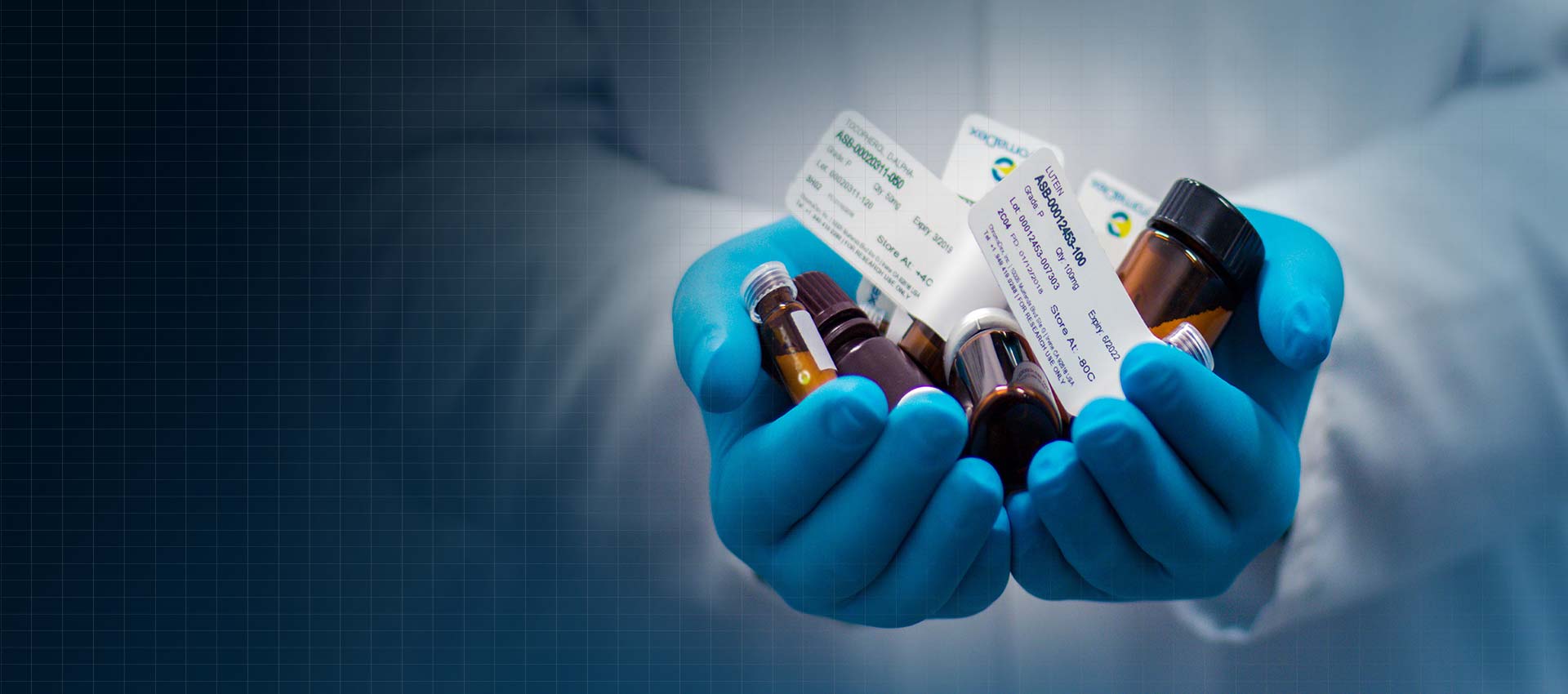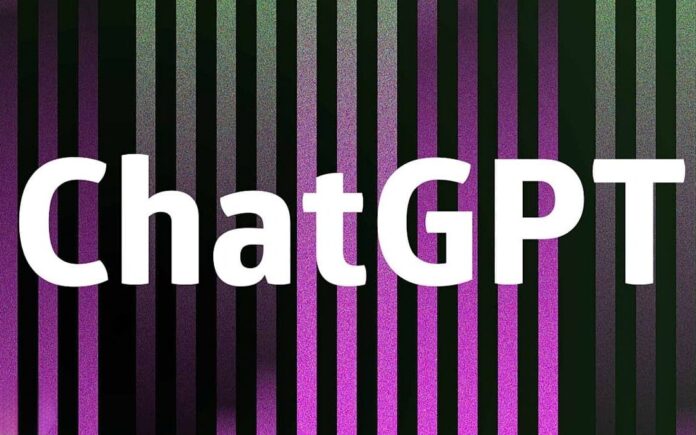As the field of medicine continues to advance, new technologies are becoming more important in enhancing patient outcomes and speeding up healthcare procedures.

One such innovation, ChatGPT, a sizable language model produced by OpenAI, has the potential to fundamentally alter the sector.
This article will look at five possible medical use cases for ChatGPT.
Patient Triage: ChatGPT can be used to triage patients by analyzing a patient’s symptoms and providing a list of potential diagnoses and recommended next steps. In addition to relieving pressure on the medical staff, this can ensure that patients receive the appropriate care at the appropriate time.
Patient triage is the process of sorting patients according to the urgency of their medical condition.
This is typically done in emergency departments, urgent care centers, and other medical facilities where patients may require immediate attention.
The goal of triage is to ensure that the most critically ill patients receive medical care first, while those with less severe conditions are seen later or referred to other facilities for treatment.

Triage is usually performed by trained medical professionals such as nurses or paramedics, and is based on a variety of factors such as vital signs, symptoms, and the patient’s overall condition
2. Virtual Health Assistant: It can provide patients with virtual health assistance and information about their illnesses, treatment options, and self-care.
A virtual health assistant (VHA) is a software program or digital platform that provides healthcare-related information and support to patients. VHAs can be accessed through a variety of devices, such as smartphones, tablets, and computers, and can assist patients with a wide range of tasks, including:
Providing general health information: VHAs can provide patients with information about various medical conditions, treatments, and procedures.
They can also help patients find local healthcare providers, and provide guidance on how to prepare for medical appointments.
Managing chronic conditions: VHAs can help patients with chronic conditions such as diabetes, hypertension, and heart disease manage their health. They can provide information about medications, lifestyle changes, and other treatments.
Tracking symptoms: VHAs can help patients track symptoms and vital signs such as blood pressure, heart rate, and blood glucose levels. They can also provide patients with reminders to take medication or schedule appointments.
Telemedicine: VHAs can facilitate virtual consultations with healthcare providers, allowing patients to receive medical advice and treatment without having to travel to a physical location.
Mental Health: VHAs can provide mental health support, such as providing information about stress, anxiety, and depression, as well as connecting patients with appropriate mental health resources.

Overall, virtual health assistants can enhance patients’ self-management and provide a more efficient and cost-effective way for patients to access healthcare services.
3. Medical Research: ChatGPT can be used to analyze a large amount of medical data to look for patterns and trends that will help develop new treatments and diagnostic tools.
Medical research is the systematic study of various aspects of human health and disease to understand the underlying causes, develop new treatments and therapies, and improve overall patient outcomes. Medical research can be divided into several categories, including:
Basic research: This type of research focuses on understanding the fundamental biological and physiological processes that underlie human health and disease.
Basic research often involves laboratory experiments using cell cultures and animal models and can help identify new targets for drug development.
Clinical research: This type of research involves studying the effectiveness of new drugs, devices, and other treatments in human subjects.
Clinical research typically involves recruiting patients to participate in clinical trials, which are carefully controlled studies that are designed to test the safety and efficacy of new treatments.
Epidemiological research: This type of research examines the patterns and causes of disease in populations. Epidemiological research can help to identify risk factors for disease, and can also be used to evaluate the effectiveness of public health interventions.
Translational research: This type of research aims to translate basic scientific discoveries into new treatments, therapies, and diagnostic tools. Translational research often involves collaboration between basic scientists and clinical researchers and can help speed the development of new therapies.
Medical research is a vital process in the advancement of medicine and the improvement of human health.
It is conducted by a diverse group of scientists, researchers, and healthcare professionals, and it is often supported by government, private, and philanthropic organizations.
The results of medical research are published in scientific journals for peer review, which ensures the validity, accuracy, and transparency of the results.
4. Medical Transcription: ChatGPT can be used to transcribe medical reports and notes, eliminating the need for human transcriptionists and lowering the possibility of errors.
5. Clinical Decision Support: By providing clinical decision support, ChatGPT can assist healthcare professionals in making more accurate and precise diagnoses and treatment decisions.
Clinical decision support (CDS) is a technology-enabled process that provides healthcare providers with relevant and up-to-date information at the point of care.
The goal of CDS is to improve the quality of care and patient outcomes by providing providers with the information they need to make informed decisions about the diagnosis, treatment, and management of various medical conditions.
CDS systems can take many forms, such as electronic health record (EHR) systems, computerized physician order entry (CPOE) systems, and mobile apps, but the common feature is that they provide healthcare professionals with data, knowledge, and knowledge-based support to inform clinical decisions.

CDS can be integrated into electronic health records (EHRs) and other clinical systems, such as order entry systems, medication administration systems, and diagnostic imaging systems. CDS can also be provided as standalone systems, such as handheld devices, or through the internet or mobile devices.
Also, read these articles.

